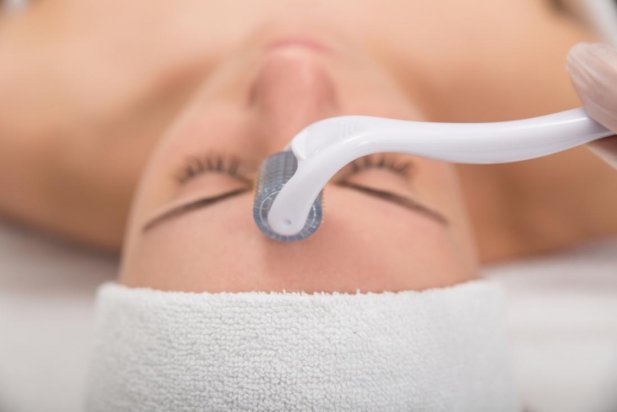Numerous factors affect your skin health Wrinkles solutions, including your diet, genes, environment, and lifestyle choices, such as smoking. Hormones also play a role in skin health. Estrogen is mainly responsible for maintaining elasticity, thickness, moisture, and skin.
Estrogen levels in a woman change throughout her life, mainly during pregnancy, perimenopause, and menopause. During these phases, a woman's hormone levels fluctuate significantly. One reason that facial skin fades as we age is that our natural hormone production decreases. After menopause, the estrogen levels decline, and it's common for noticeable changes to the skin to develop. As a woman enters menopause, her natural estrogen production declines significantly.
Hence, if you have reached menopause and begun noticing having sagging and unattractive skin, loss of estrogen is the main culprit.
How Do Declining Levels Of Estrogen Affect The Skin?
Since estrogen plays such a significant role in the skin's health, it makes sense that declining levels will have a prominent effect. What elements actually make the skin look young and healthy? Generally, the texture, moisture, and plumpness of skin make it look healthy, and healthy-looking skin is firm, plump, and retains moisture. Unluckily, all three of these characteristics are affected by declining estrogen levels.
The resulting lack of estrogen intensifies the effects of skin aging. Estrogens have a significant impact on skin physiology by modulating the effects of critical epidermal and dermal cells. The skin is an essential endocrine tissue that is estrogen-responsive. The absence of the growth-promoting effects of estrogen causes the skin to wither away. The thin skin observed in the elderly can be directly linked to a decrease in estrogen levels required to generate collagen and maintain skin thickness. On the face, it appears as progressive sagging tissues and a reduction in elasticity.
How Does Estrogen Deficiency Affect Your Skin In Menopause?
Although every woman is unique, decreased estrogen levels can have the following effects on the skin:
- Less Moisture
As the levels of estrogen decline, the skin becomes dryer. According to research, estrogen increases the amount of hyaluronic and mucopolysaccharides acid in the skin to help maintain moisture in the skin. A skin that loses its moisture can look dull and dry and set the stage for fine lines.
- Decreased Elasticity
Estrogen also plays an essential role in maintaining the firmness of the skin. Declining estrogen levels result in less collagen production. Collagen is a fibrous protein that plays an important role in the skin's elasticity, plumpness, and strength. Reduced collagen results in thinning, sagging developing wrinkles. Not only does it causes more wrinkles, but deeper wrinkles. Moreover, the cheeks seem to be sunken because of being saggy. The research on aging indicated that estrogen protects the skin. Estrogen protects from photoaging and skin aging due to exposure to ultraviolet light.


